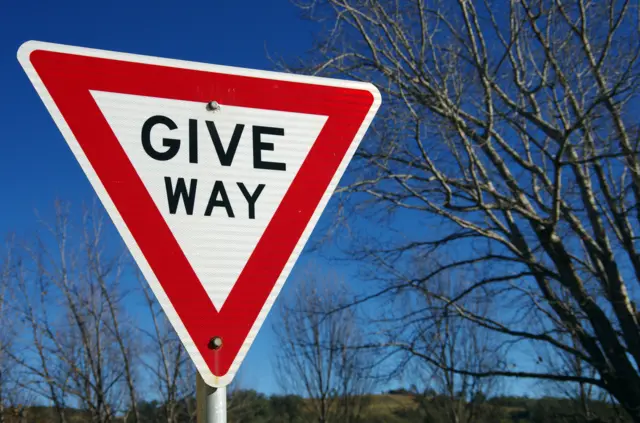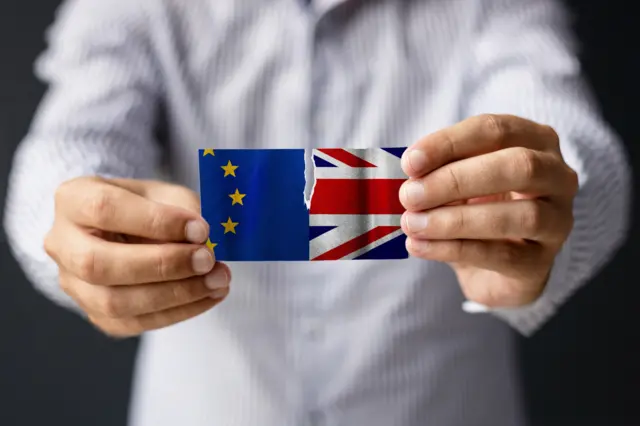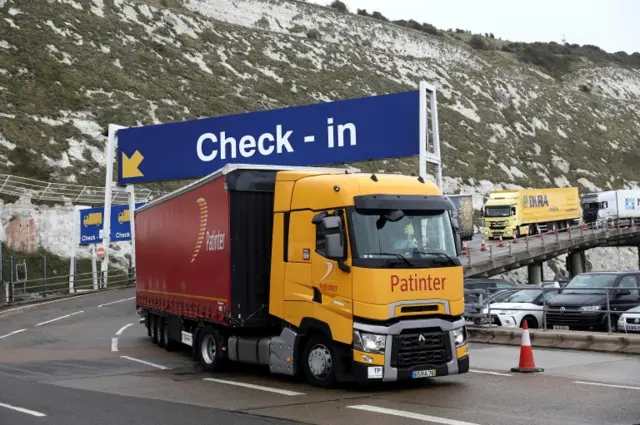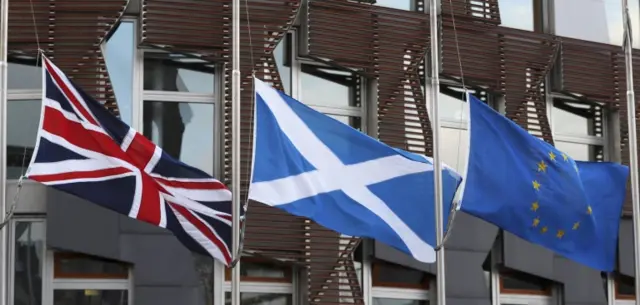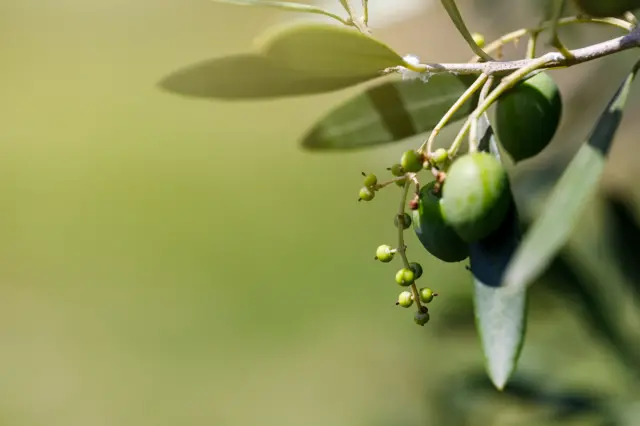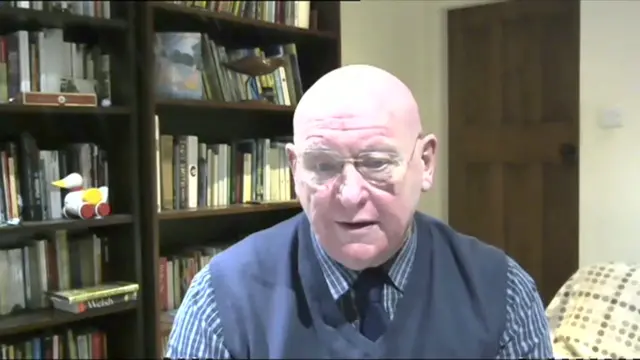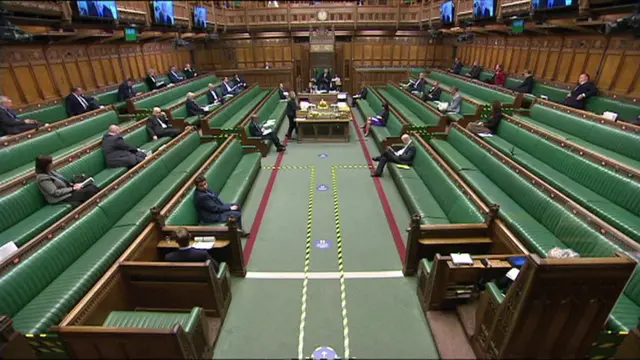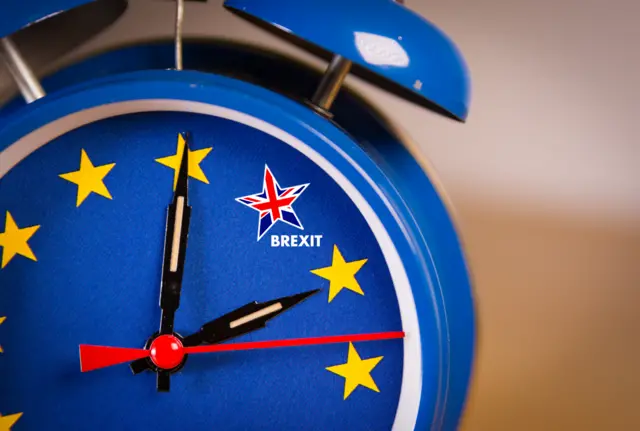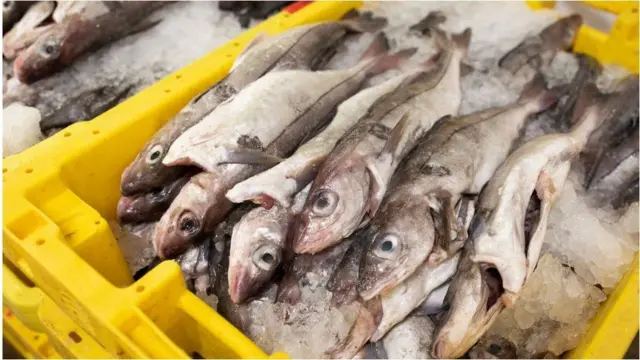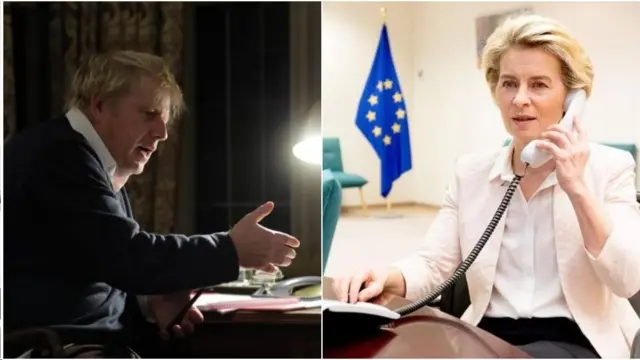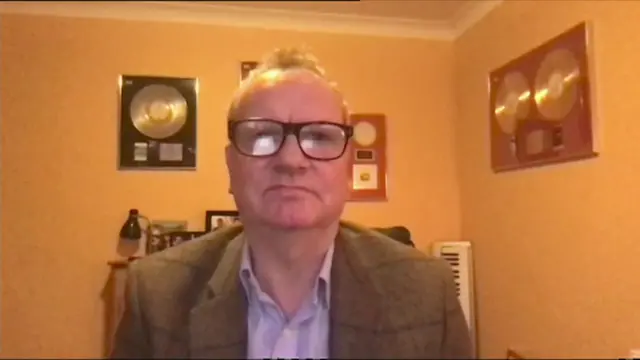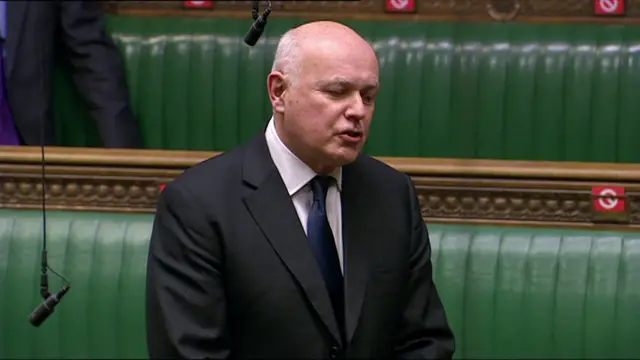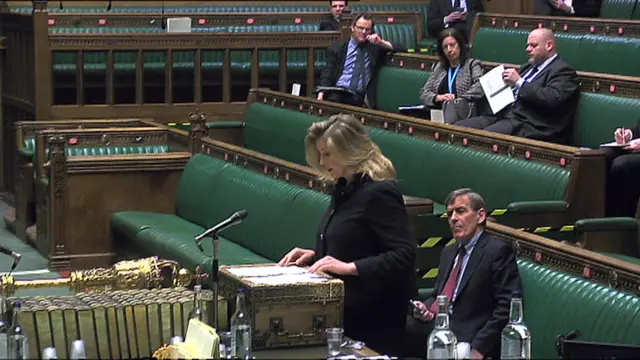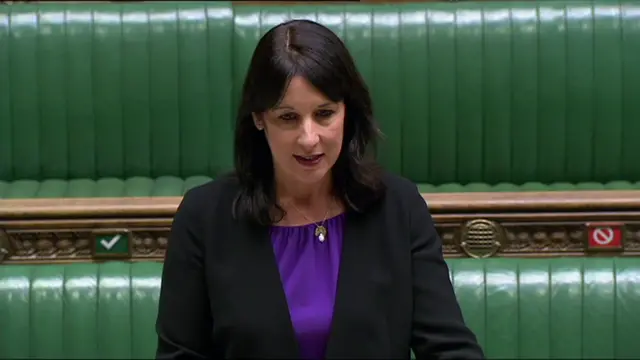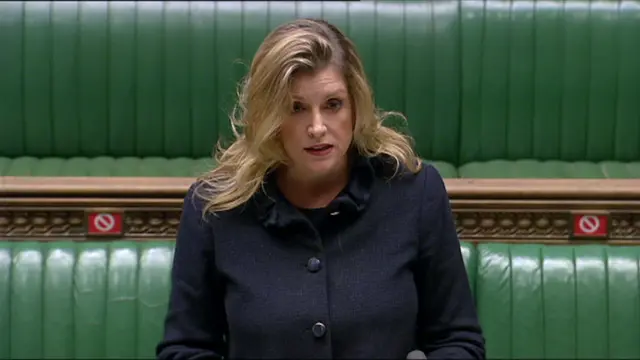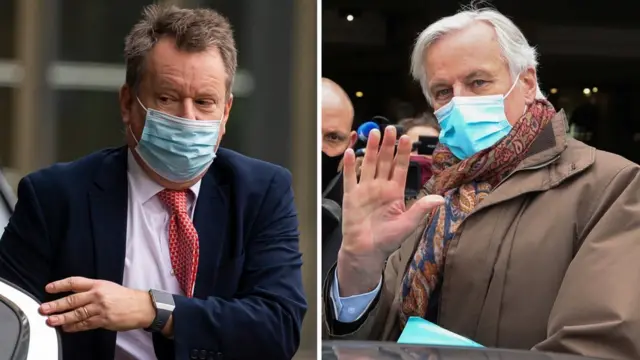A quick recap....published at 17:33 GMT 7 December 2020
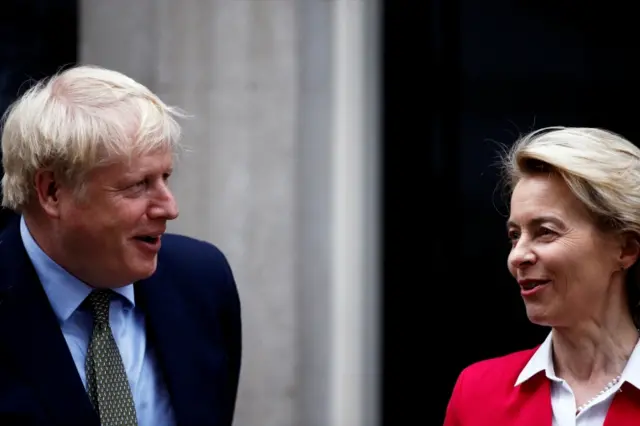 Image source, Reuters
Image source, ReutersUK PM Boris Johnson and European Commission President Ursula von der Leyen outside No 10 Downing Street in January
If you're just joining us, here's a quick rundown of the main developments so far:
- UK Prime Minister Boris Johnson and European Commission President Ursula von der Leyen were due to speak by telephone at 16:00 GMT to try to find a way through the deadlock in the Brexit trade talks
- The UK and EU negotiating teams are meeting in Brussels to try to find an agreement on "significant differences" between them
- The UK left the EU on 31 January, but remains under its trading rules until the end of the year
- If a deal is not agreed by then, tariffs - or taxes on goods - could come into force
- Leaders of the EU's 27 member states are due to gather for a 2-day summit in Brussels on Thursday.
